Traveling during a trade war means more than just higher airfare.
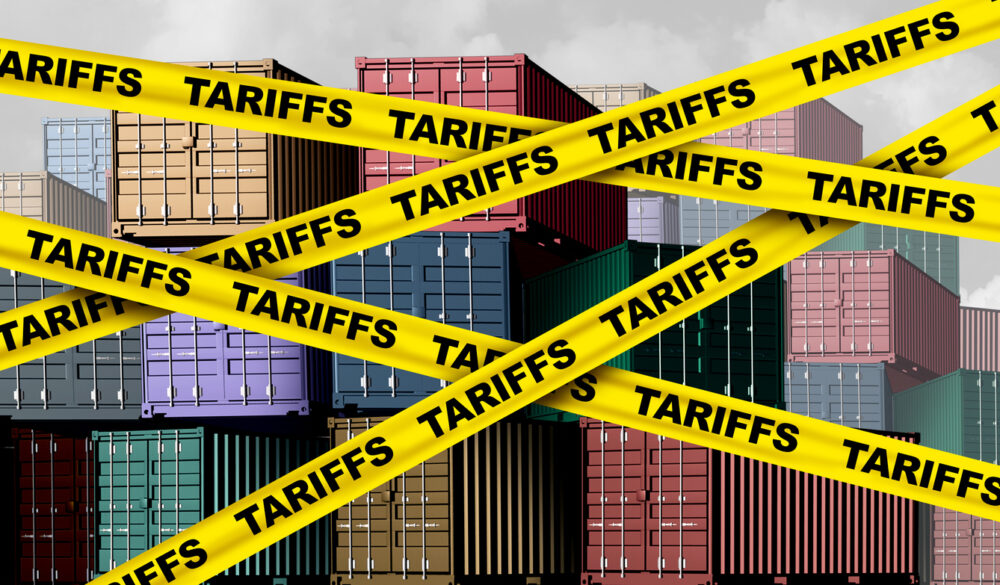
When global powers lock horns in a trade war, the ripple effects are felt far beyond stock markets and shipping ports. If you’re planning to travel internationally during such tense economic times, you’re stepping into a much more unpredictable landscape—where prices, policies, and availability can change in a flash. Flights may be pricier, baggage restrictions can shift, and foreign exchange rates might take a dive just days before your trip. Travel becomes less about the thrill and more about playing smart with your timing, budgeting, and expectations.
You’re not powerless, though. A few smart strategies can help you stretch your budget and avoid travel headaches while the bigger economies duke it out. You might be surprised how small tweaks—like choosing the right destination or adjusting when you book—can sidestep a lot of the financial sting. It’s not just about pinching pennies; it’s about feeling prepared in an unpredictable moment. Knowing what to expect and where the pressure points are could mean the difference between a smooth journey and a wallet-emptying mess. These 12 facts aren’t just helpful—they might be exactly what keeps your trip on track when the economy throws a curveball.
1. Currency shifts can quietly eat your budget.
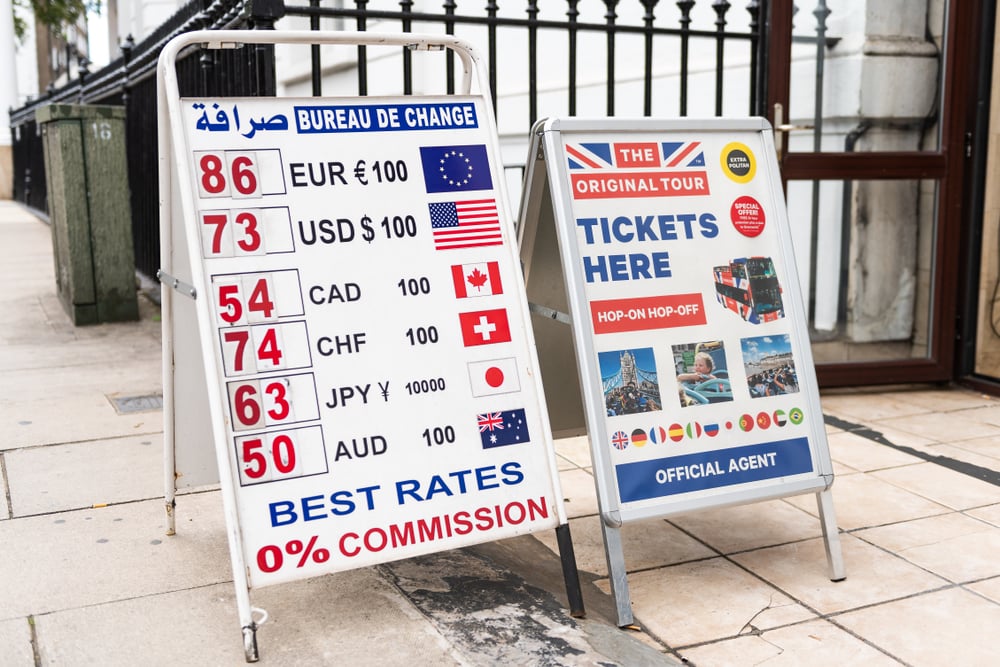
During a trade war, currency exchange rates tend to swing more wildly than usual. That means your dollar may not stretch as far depending on the country you’re visiting. If the U.S. dollar weakens in response to retaliatory tariffs or economic uncertainty, you could suddenly find yourself paying more for everything—hotels, meals, attractions—without warning, Jason Ma of Fortune reported. Even if rates look good when you first plan the trip, they might take a turn by the time you arrive, leaving you scrambling to adjust your budget.
To avoid being caught off guard, consider locking in your exchange rate ahead of time using prepaid travel cards or converting a portion of your money before your trip. Apps that monitor currency shifts can also give you a heads-up if your destination’s rates start moving in the wrong direction. And don’t forget—some countries still prefer cash over cards, which makes currency volatility even more relevant. Planning around these fluctuations can make or break your financial comfort while you’re abroad.
2. Airline fees may creep up without much notice.
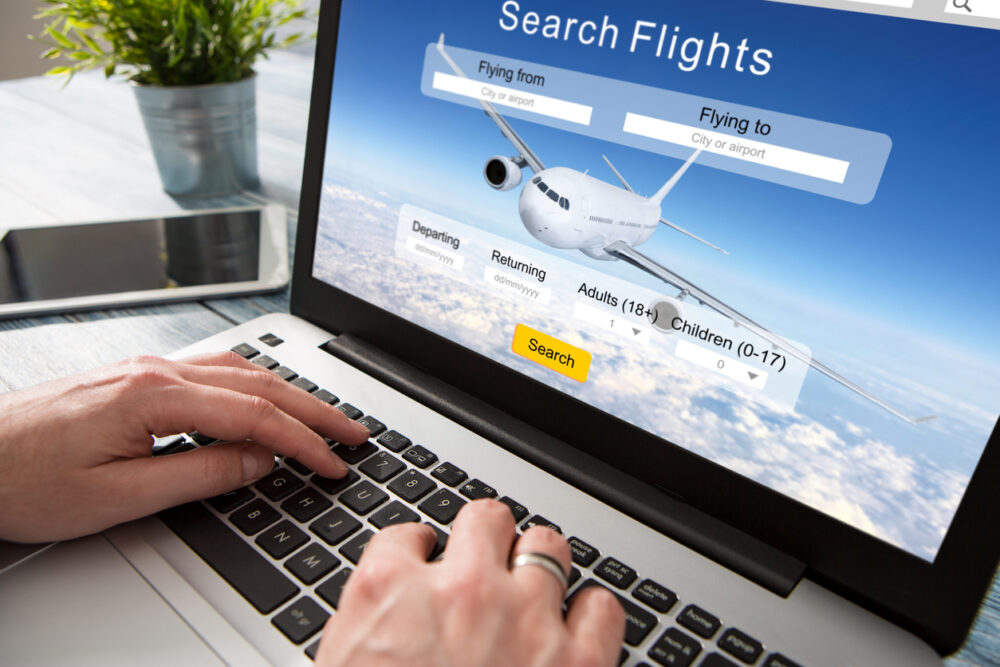
Tariffs often hit raw materials and manufactured goods first, but airlines aren’t immune. If aircraft parts or fuel become more expensive due to trade disputes, those costs can get passed on to you through higher fares, baggage fees, or sneaky new surcharges. Airlines aren’t always transparent about what’s behind a price hike, so you might not even realize your flight costs more because of a trade conflict until you’re paying for it, according to the authors at U.S Department of Transportation.
One way to sidestep unexpected costs is to book your flights early and consider flying with budget carriers that offer transparent, upfront pricing. Also, keep an eye out for hidden fees that could creep in—especially on international flights. Checking bags, selecting seats, or even getting food onboard could all carry new or higher charges during these times. Use flight comparison tools that break down total trip costs, not just base fares. That way, you’re not tricked into thinking you found a deal when the fine print tells a different story.
3. Certain countries may suddenly feel more expensive.

If your travel plans include destinations heavily involved in the trade war, prepare for price surges in unexpected areas. Imported products might skyrocket in cost, especially in countries retaliating with their own tariffs. That could affect anything from electronics to your daily cappuccino. Local vendors often respond to economic pressure by raising prices, even on items made domestically, which can really add up over a multi-day stay.
You might want to pivot your plans toward countries less involved in the trade conflict or those with stronger economic ties to your home country. Doing a little extra research before you commit can help you avoid regions where costs are rising due to political or trade-related strain. Travel blogs, forums, and regional news outlets can be goldmines for spotting these kinds of shifts before they impact your travel wallet, as stated by authors at Nationwide. Flexibility isn’t just about spontaneity—it’s about staying one step ahead of the economic tide.
4. Visas and entry requirements can change fast.
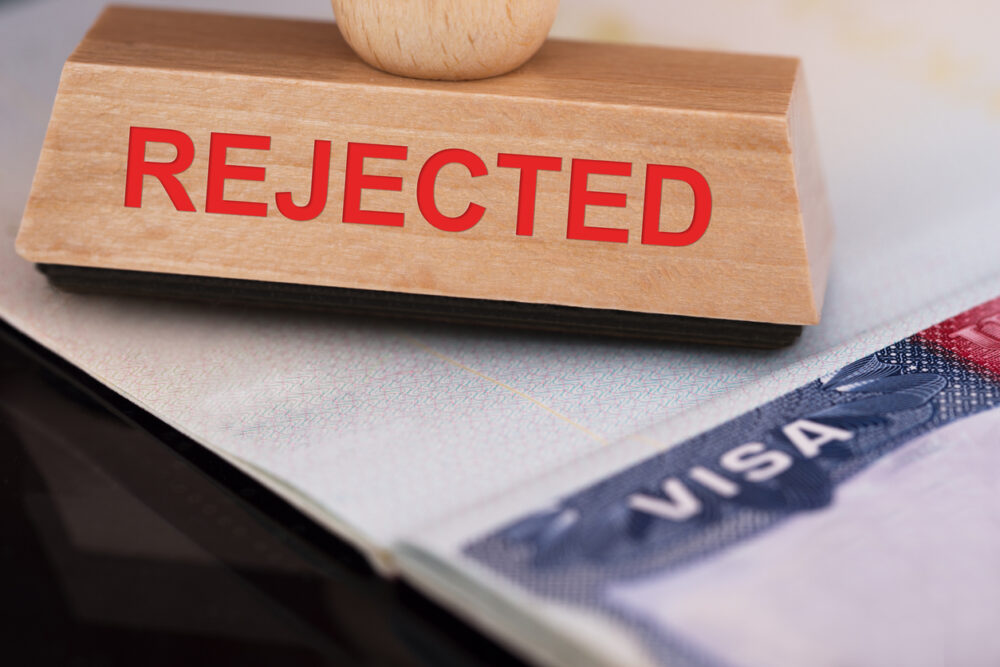
When trade tensions escalate, governments sometimes retaliate in ways that affect travelers directly. That could mean longer visa processing times, additional entry requirements, or new paperwork that didn’t exist a few months ago. It might seem like a stretch, but changes in trade policy can spill over into tourism policy—especially if one country wants to make travel to or from its rival more difficult.
Make it a habit to double-check visa rules right up until your departure. What applied last month might no longer be true, and outdated info can get you turned around at the border. Embassies and official travel websites are your most reliable sources, and it’s smart to sign up for alerts in case things change while you’re en route. Having extra copies of travel documents and some wiggle room in your itinerary can also help buffer the stress if you’re caught in an administrative snarl you didn’t see coming.
5. Supply chain issues can affect your travel gear.

A trade war doesn’t just make travel pricier—it can impact the stuff you bring with you. Luggage, travel adapters, tech accessories, and even clothing brands may suddenly be harder to find or significantly more expensive due to import taxes and shipping delays. If you wait too long to shop for essentials, you might end up scrambling to find last-minute substitutes at a higher cost or lower quality.
Shopping early gives you more control and helps you avoid price spikes. If you know you’ll need new headphones or a power bank, grab them before tensions rise or while your favorite items are still in stock. You can also support local or domestic brands, which may be less affected by global shipping slowdowns. When trade disputes intensify, you’ll be glad you planned ahead rather than trying to find travel must-haves at an overpriced airport kiosk.
6. Travel insurance can save your bacon.
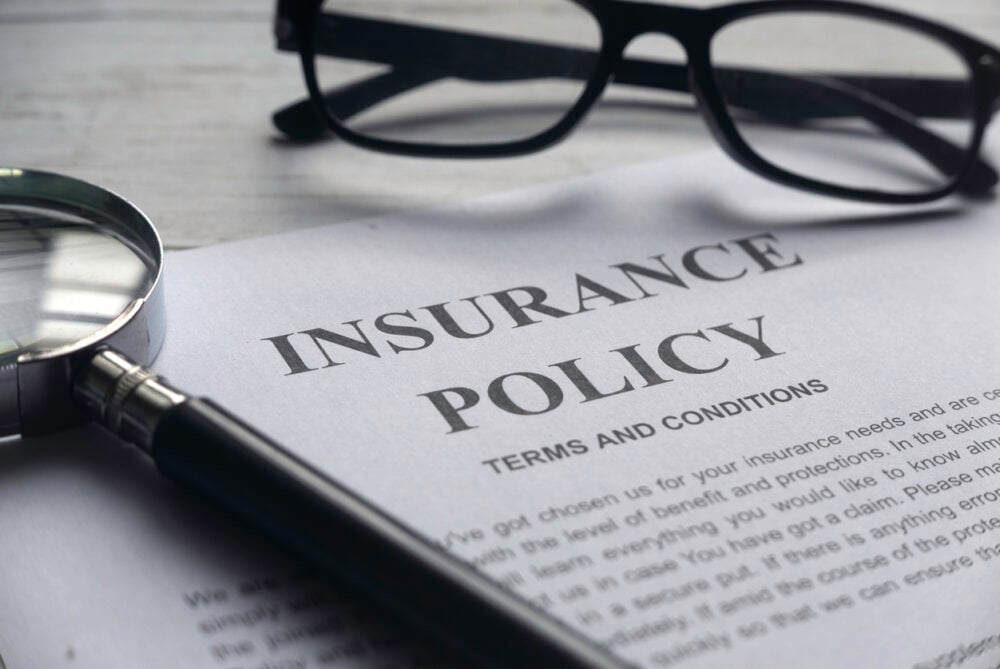
Most people think of travel insurance as a safeguard against canceled flights or lost luggage. But during a trade war, its value can go way beyond that. You might face unexpected delays, civil unrest, or abrupt changes in travel advisories—all of which could impact your trip. If your destination becomes less stable due to economic fallout, travel insurance may be the only thing protecting your investment.
Look for policies that cover political disruption or allow for “cancel for any reason” clauses, which offer maximum flexibility. And read the fine print—some providers exclude trade-related incidents unless specified. You don’t want to assume you’re covered only to discover your claim gets denied due to a loophole. Insurance is one of those things you hope you never need, but when the global economy gets shaky, it’s one of the smartest pre-trip moves you can make.
7. Food costs may spike at tourist destinations.

Even if you’re eating locally, the ingredients may not be. Many restaurants source imported staples like coffee, wheat, or oils that could become pricier due to tariffs. That increased cost usually gets passed down to you, especially in tourist-heavy areas where visitors are already expected to spend a bit more. So your $10 meal could suddenly turn into $15, with no real upgrade in quality or portion size.
To keep your dining budget on track, skip the tourist traps and explore where the locals eat. Street food and markets often stay more reasonably priced and offer a better cultural experience anyway. You can also look into accommodation options with kitchens so you can shop at local groceries and cook a few meals. Saving $30 a day on food adds up fast—and during a trade war, every dollar saved matters more than ever.
8. Package tours might lose their value.

Package deals can feel like a safe choice when things are uncertain, but during a trade war, they might not be the bargain they seem. Tour companies locked into outdated pricing may quietly scale back offerings to compensate for rising costs. That could mean fewer excursions, lower-quality accommodations, or shrunken group sizes that impact the experience. Worse yet, the “deal” price may not reflect new surcharges or fees until you’re halfway through the trip.
Instead of relying blindly on packages, price out trips independently and compare. You might find that a DIY approach gives you more control and better value. If you do opt for a package, grill the provider on exactly what’s included and ask how trade-related changes might affect your itinerary. Transparency is everything, especially when economic conditions are shifting fast. The key is making sure you’re not paying full price for a watered-down experience.
9. Political tension can impact safety abroad.
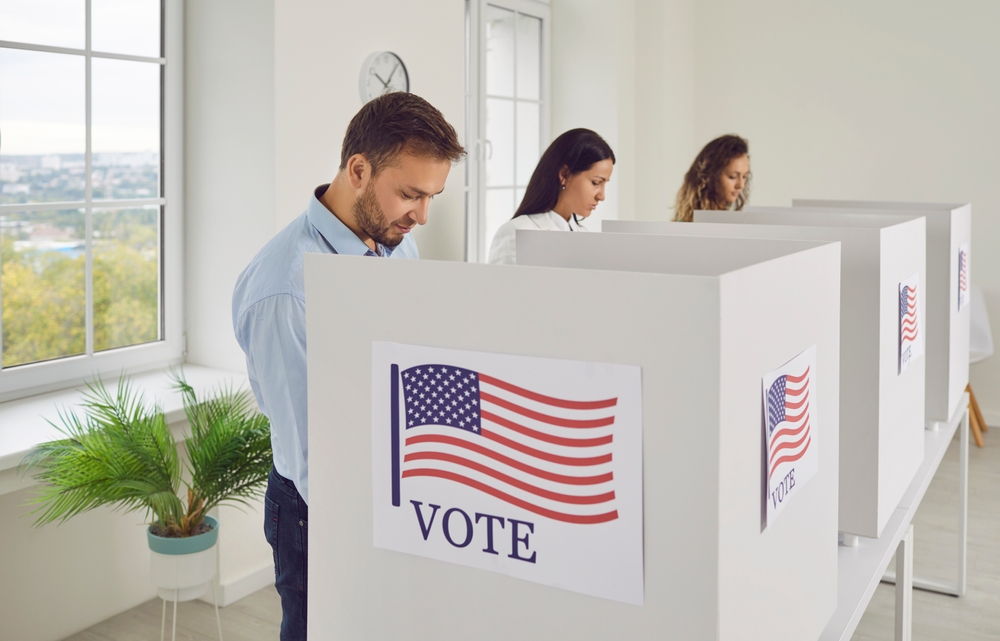
Trade wars can strain more than just wallets—they can also stoke political tensions that affect how travelers are received in foreign countries. In some cases, anti-American sentiment can grow if your home country is seen as the aggressor in the dispute. While this rarely leads to open hostility, it can create awkward interactions or even safety risks in regions with strong nationalistic movements.
You can’t change the global mood, but you can travel with awareness. Stay informed about how your destination is responding to the trade conflict, and avoid wearing logos or making comments that could be perceived as political. Blend in rather than stand out, and always respect local customs. In places where tensions are high, low-key and friendly go a long way. Travel is still about connecting with others, but during times of economic stress, empathy and humility become even more important.
10. Popular destinations may see tourism slowdowns.

When trade wars hit hard, travel patterns shift. Some destinations may see a drop in visitors, either because flights get cut, prices climb, or the vibe becomes less welcoming. That might sound like a bummer—but if you’re smart, it can actually work in your favor. Fewer crowds mean shorter lines, better availability at hotels, and even discounted tours trying to attract remaining travelers.
If you’re comfortable with a bit of unpredictability, consider these less-busy destinations as an opportunity rather than a risk. You could score deals that wouldn’t be available during peak tourism seasons. Just double-check the local situation before booking and make sure there aren’t safety or infrastructure concerns behind the drop in visitors. Sometimes what’s causing others to stay away doesn’t need to affect you at all—especially if you’re prepared and open to a quieter travel experience.
11. Loyalty programs may change terms quickly.

If you rely on airline miles, hotel points, or credit card travel rewards, keep a close eye on the fine print during a trade war. Companies trying to cut costs may devalue your points, restrict blackout dates, or limit where you can redeem rewards. It’s a quiet way for them to adjust to new economic pressures without openly raising prices—but for travelers, it can feel like a nasty surprise.
To protect your points, don’t hoard them indefinitely. Use rewards sooner rather than later, and sign up for alerts on any program you’re part of. If you see terms starting to shift, you’ll be in a better position to act before your perks lose value. You worked hard to earn those points, and during a trade war, they might be worth more today than they will be six months from now.
12. Local transportation can get more expensive or chaotic.
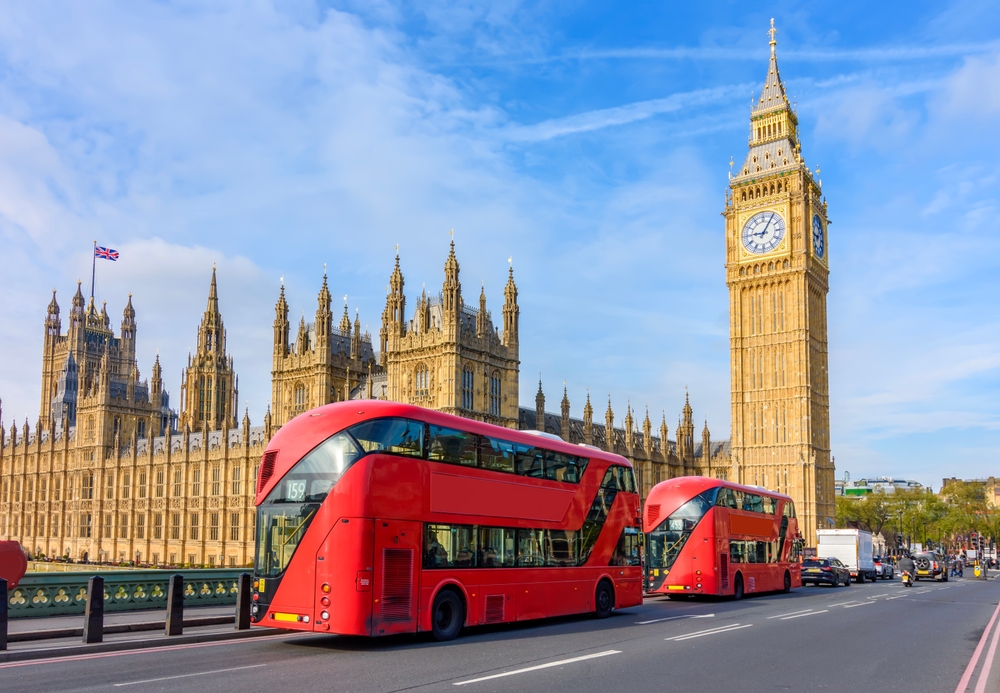
When fuel prices jump due to trade restrictions, public transit and rideshare services may become costlier too. And in places where imported vehicle parts are hard to come by, maintenance issues can sideline taxis, buses, or trains, leading to delays and breakdowns. You might even find yourself stuck with fewer options for getting around, especially in less touristy areas.
Before you land, explore all your transportation choices and have backups in mind. Download local transit apps, save offline maps, and research how locals are getting around when costs rise. Renting a bike or using shared scooters might suddenly become the smartest move in a city where cab fares have doubled. If you stay flexible and keep your eyes open, you can still move around comfortably—even when trade friction makes everything a bit harder.
